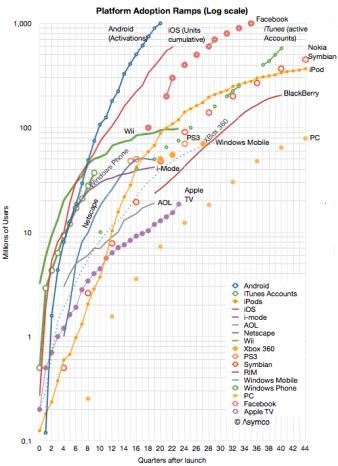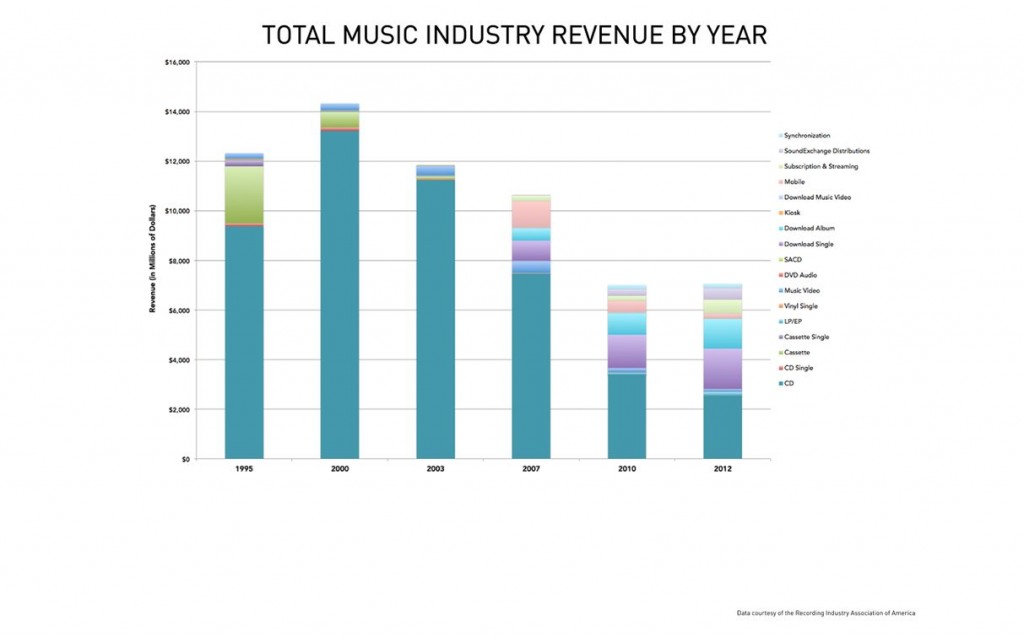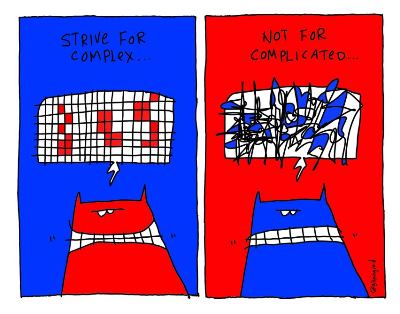The Hardware Movement – creating hardware in a decentralized, low risk and low series way, is starting to get some real grip. This post “The Long Tail of Hardware” exposes some latest thoughts on this topic.

While funding for hardware startups does increase significantly, it has not yet reached the point where it becomes a global sensation and where former manufacturing institutions get in trouble from the competition. Still, 3D printing redefines our world quicker than we imagine. I have seen 3D printer in the offices of most of my engineering clients for prototyping. It seems that an ecosystem of garage hardware developers is developing. The tipping point could be close.
There are some legal implications of course, and open-source hardware is a concept that is maturing with a variety of licensing arrangements.
This movement needs to be watched as it may take the world by storm, although it might take a few additional years.











